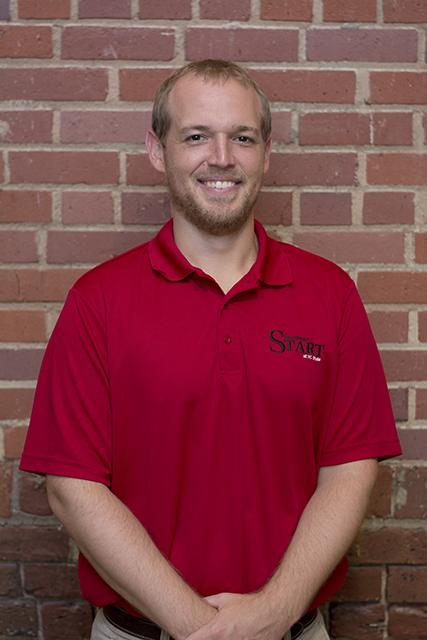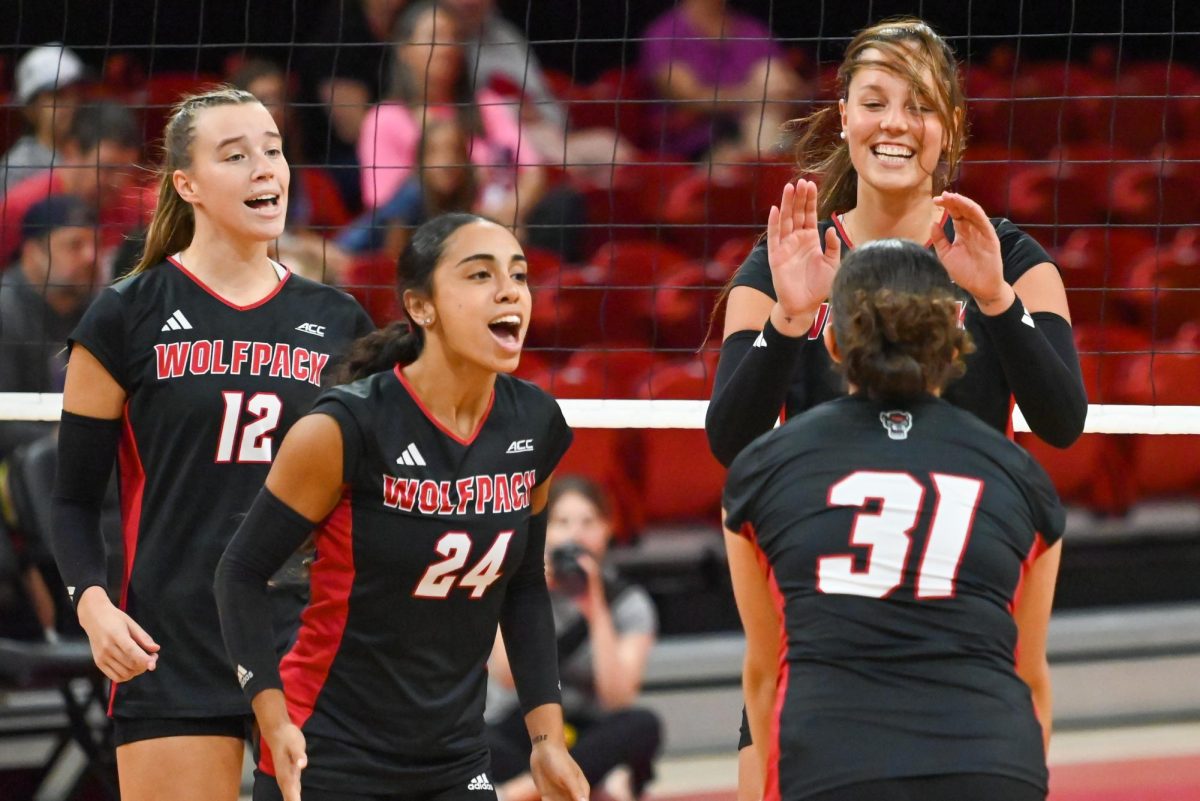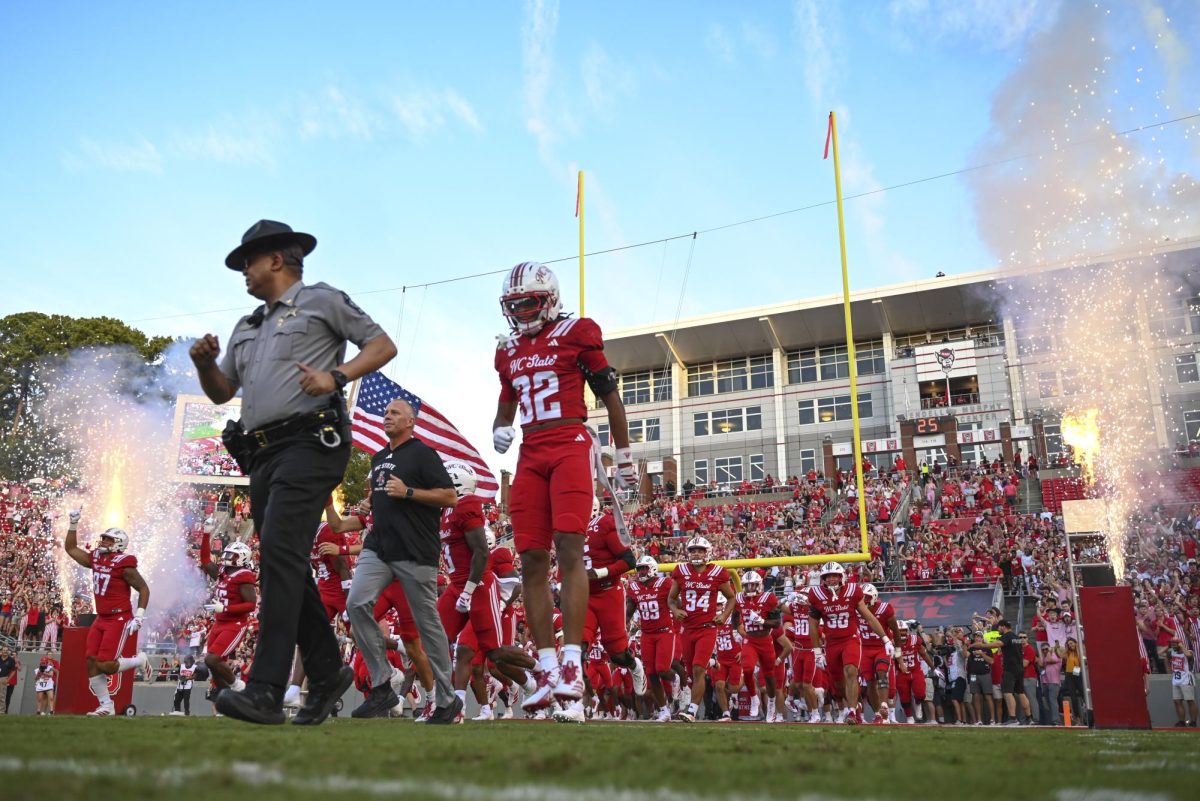Summer START is a campus initiative that seeks to help incoming freshmen transition from high school to college lifestyle by giving them the opportunity to take summer classes, live in residence halls and engage in campus activities.
When START began five years ago, it was a fledgling program consisting of no more than 47 students and two graduate assistants who also acted as residency advisors, program coordinators and even cooks on the weekends.
But now, with more than 250 students representing nine countries, 24 mentors and assistance from dining and housing, START has grown significantly.
“We are finally at a place when campus is fully engaged during the summer, ” said Owen Hooper, the original graduate assistant and now full-time coordinator of START.
More than just living and learning on campus, the program helps form a support network for students with the help of mentors.
“What we tell the mentors is to help students figure out their own goals for success and to connect them with campus resources,” Hooper said. “Being former START students themselves, mentors can easily empathize with the students’ transitions and all the challenges and questions that come with the change.”
“START is a double transition program. Mentors learn to use leadership skills gained through the program in their future endeavors and responsibilities while the students learn how to manage their time and adapt to college life.”
Hady Asad, a Summer START mentor and sophomore in mechanical engineering, said, “Being a student, it was a brand new experience and everything was catered toward you and making sure that you had a good transition and the support you need to feel comfortable. As a mentor, instead of you having people out there to make sure you succeed, you are the one who has to go out of your way to make sure others succeed.”
According to Hooper, because about 33 percent of START students are in the College of Engineering, the majority of the mentors are engineering students. However, mentors still represent a wide variety of groups on campus. Hooper said, “We have student senators, Caldwell fellows, students in Honors and Scholars and students in Undergraduate Research.”
As a mentor, Asad helps facilitate programs that introduce students to campus resources such as the library, gym and health center. These programs foster student understanding of the seven dimensions of wellness and encourage well roundedness in order to transition into a healthy college lifestyle.
Such programs include weekly “Wellness Wednesdays,” cooking classes, yoga sessions, networking workshops, service trips to the Carolina Tiger Rescue and even a trip to the Civil Rights Museum in Greensboro, N.C. As an incentive for students to attend more programs, START now offers a certificate of achievement in leadership and wellness that “broadens [their] knowledge of personal wellness as a college student at N.C. State.”
Furthermore, several facets of the program help foster a small community within START that provides students with a solid social foundation as they enter the 36,000 strong Wolfpack. “I graduated high school in a class of 72 and then moved into Lee Hall that had more people than my middle school and high school combined and onto a campus larger than the county,” Hooper said. “I think about this as we try to expand the program.”
Various social activities are included within the schedule, too, such as pool battleship, weekly movie nights selected from student polls on Facebook and an open-mic night hosted by the Multicultural Student Affairs office.
Hooper said he envisions a Summer START program that reaches more than 10 percent of the incoming freshmen class and offers more courses to help give students an interdisciplinary perspective.





